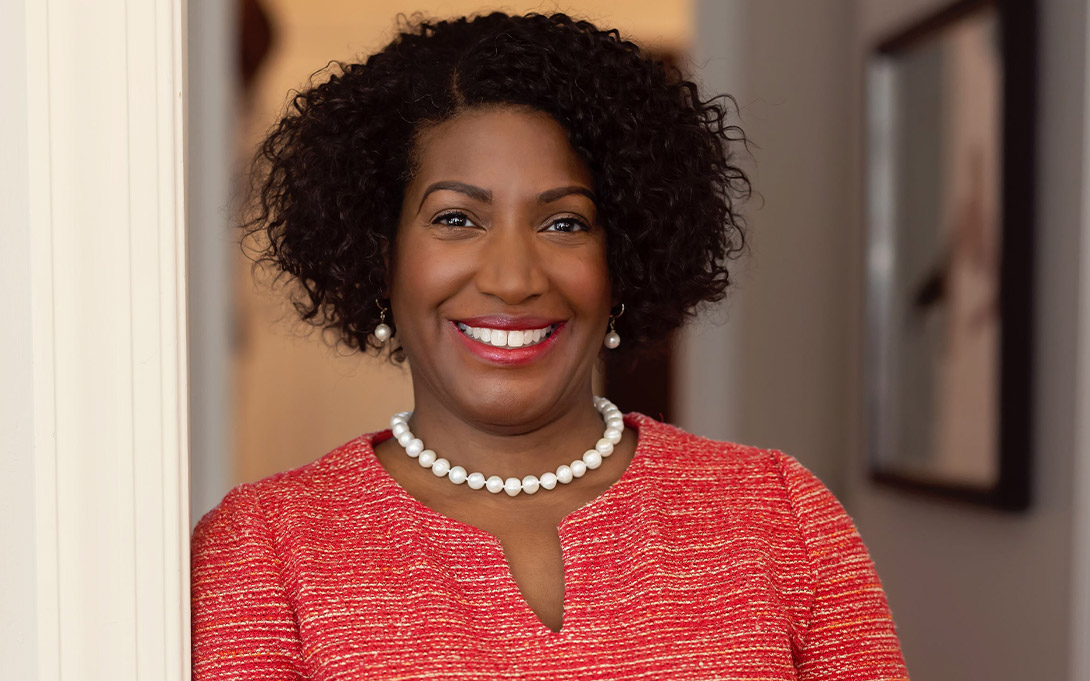
Five University of Michigan professors distinguished in psychology, history, life sciences, public policy and sociology are among the nearly 250 scholars chosen for the 2025 class of the American Academy of Arts and Sciences.
“These new members’ accomplishments speak volumes about the human capacity for discovery, creativity, leadership and persistence,” academy President Laurie Patton said. “They are a stellar testament to the power of knowledge to broaden our horizons and deepen our understanding.”
They include:
Toni Antonucci, the Elizabeth M. Douvan Collegiate Professor of Psychology and research professor at the Institute for Social Research Life Course. Her research focuses on social relations and health across the lifespan, including multigenerational studies of the family and comparative studies of social relations across the life span in the United States, Europe and Japan.
David Dunning, the Mary Ann and Charles R. Walgreen Jr. Professor of the Study of Human Understanding, professor of psychology and faculty affiliate at the Institute for Social Research. His research centers on the psychology underlying human misbelief and decision-making in various settings.
Paul Johnson, professor of history and Afroamerican and African studies, is interested in hybrid forms of agency formed in the Americas, especially in Brazil and the Caribbean, as well as the uses of secrecy in religions and in questions of law and the state.
Janet Smith, associate director of the Life Sciences Institute, the Rita Willis Professor of the Life Sciences, the Martha L. Ludwig Distinguished University Professor of Biological Chemistry and professor of biophysics. Her research focuses on understanding biological processes through knowledge of the structures of key protein molecules.
Celeste Watkins-Hayes, the Joan and Sanford Weill Dean of Public Policy, the Jean E. Fairfax Collegiate Professor of Public Policy, University Diversity and Social Transformation Professor and professor of sociology. Her research explores the intersection of inequality, public policy and human service institutions, with a special focus on HIV/AIDS, poverty, race, class and gender studies.
Story by Jared Wadley for Michigan News
